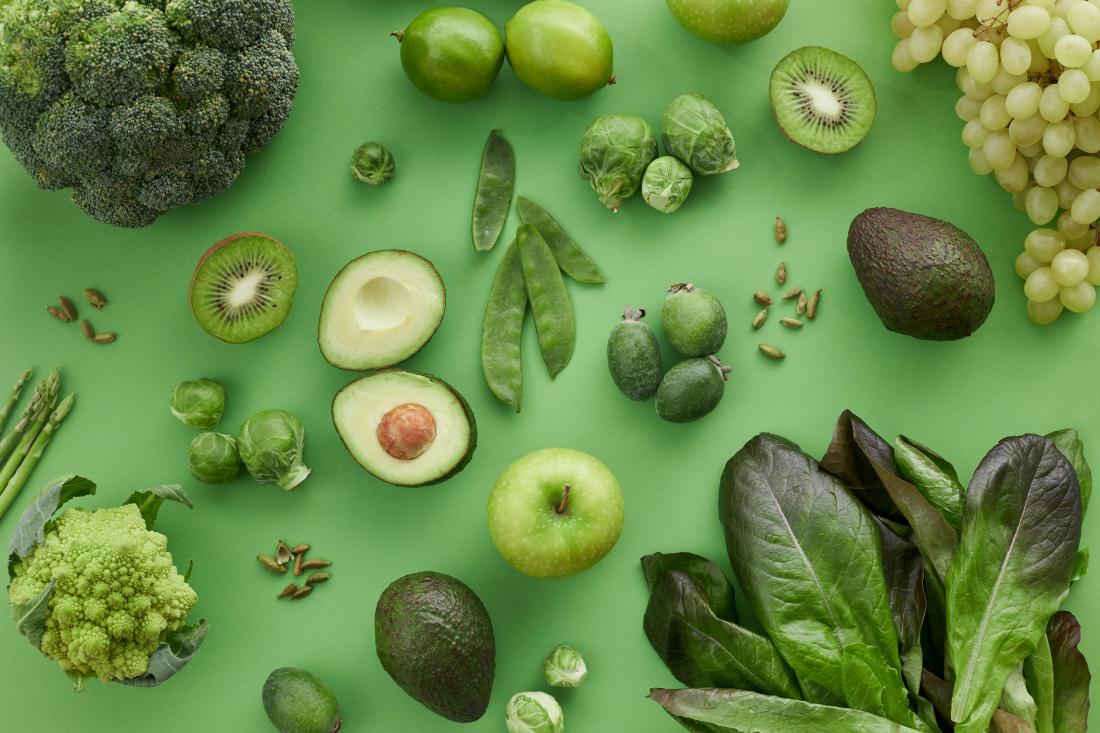Fruits and Vegetables
In the quest to reduce our reliance on plastics that harm the environment and to address the pressing issue of non-biodegradable plastic waste, scientists and researchers have been directing their focus towards creating biodegradable plastics from natural sources. A particular emphasis has been placed on harnessing starch-based materials for this purpose, with corn and tapioca being the primary contenders for commercial production. However, this approach raises concerns about potential disruptions to our food supply chain due to the large-scale use of these starches.
As a solution, there is growing interest in exploring alternative sources of starch, particularly those derived from agricultural waste. This avenue offers a promising pathway to tackle the plastic waste crisis without compromising food security.
With regard to the study by Amornsakchai's team, the team embarked on a comprehensive investigation into the properties of films produced from pineapple stem starch, known for its elevated amylose content. Through a series of carefully conducted experiments, the team developed films made from pineapple stem starch (PSS), both in its pure form and when combined with glycerol to enhance its flexibility and pliability. The team employed advanced techniques such as X-ray diffraction and water contact angle measurements to thoroughly analyze and characterize these films.
An interesting discovery emerged as the team probed further: all the films displayed varying degrees of crystalline structure, endowing them with the remarkable ability to resist the penetration of water. This inherent water resistance makes them particularly suitable for applications where moisture protection is crucial.
Additionally, the team's exploration extended to understanding the influence of glycerol content on the mechanical properties of the films, as well as their capacity to transmit gases such as oxygen, carbon dioxide, and water vapor. As glycerol content increased, the team observed a trade-off: while the tensile modulus and strength of the films decreased, there was an accompanying increase in the rate of gas transmission.
Moreover, the team's preliminary investigations unveiled a captivating potential application of the films. The team observed that coatings derived from PSS films had the intriguing ability to decelerate the natural ripening process of bananas. This promising outcome hints at the potential to extend the shelf life of perishable produce through innovative applications of the team's research findings.
The members of Associate Professor Amornsakchai's comprised Dr Krongkarn Bumrungnok, Dr Rungtiwa Wongsagonsup , and Dr Siwaporn Meejoo Smith, from Mahidol University, Dr Poonsub Threepopnatkul (Silpakorn University), Dr Chin Hua Chia (Universiti Kebangsaan Malaysia.
Associate Professor Kheng Lim Goh from NewcastleUniversity in Singapore, who serves as the technical advisor to the Amornsakchai team, expressed delight to have been able to contribute to the efforts of his colleagues. He commended the team's exceptional performance in accomplishing this significant milestone. The Amornsakchai team possesses a distinct advantage in ensuring that their research creates a beneficial impact in Thailand, Malaysia, and the broader ASEAN region.
The findings from this study has been published in a paper [1] in the journal called Polymers. The details of the findings can be found at doi.org/10.3390/polym15112493
For more information, please write to Associate Professor Taweechai Amornsakchai at [email protected] or to Associate Professor Kheng Lim Goh at [email protected].
References
[1] Bumrungnok, Krongkarn; Threepopnatkul, Poonsub; Amornsakchai, Taweechai; Chia, Chin Hua;Wongsagonsup, Rungtiwa;Smith, Siwaporn Meejoo;, "Toward a Circular Bioeconomy: Exploring Pineapple Stem Starch Film as Protective Coating for Fruits and Vegetables," Polymers, vol. 15, p. 2493, 2023, doi: https:// doi.org/10.3390/polym15112493.



